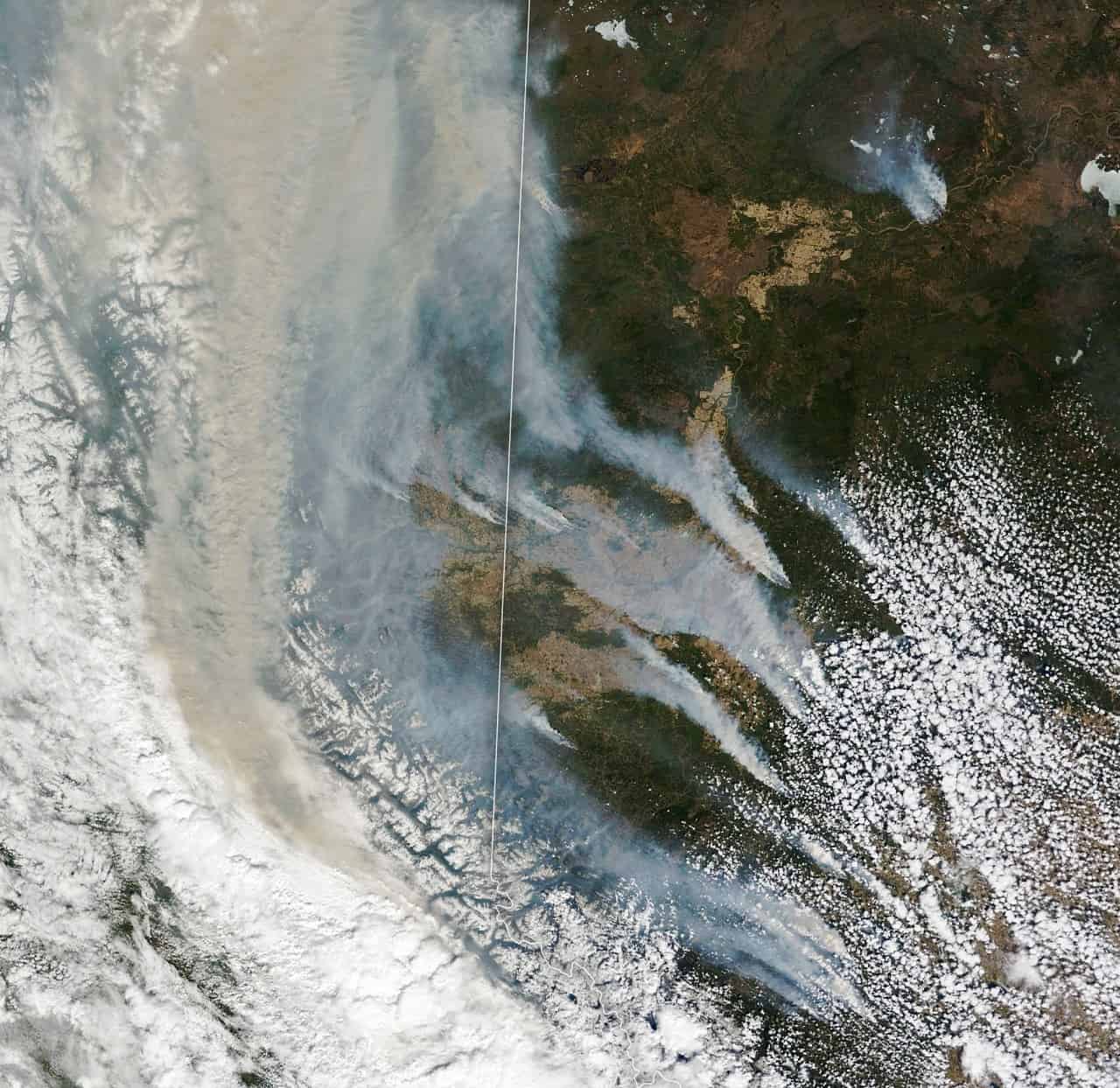‘High risk’ air quality forecast for Mississauga, Brampton due to wildfire smoke
Published June 28, 2023 at 12:23 pm

Very poor air quality is expected in Mississauga, Brampton and most of southern Ontario today and tonight (June 28) as smoke from wildfires in the northeastern part of the province and Quebec blankets numerous towns, cities and regions.
The situation has prompted a special air quality statement from Environment Canada, which noted smoke from the raging fires is quickly making its way south and posing health risks to people across the GTA and southern Ontario.
“Wildfire smoke can be harmful to everyone’s health, even at low concentrations. Everyone can take action to reduce their exposure to wildfire smoke,” Canada’s weather agency said in its statement.
While Mississauga and Brampton were exposed to “moderate risk” as of 11 a.m. on Wednesday, according to the provincial government’s Air Quality Ontario (AQO) website, that is expected to dramatically increase to “high risk” Wednesday afternoon and night before returning to “moderate” on Thursday.
The same is expected throughout the GTA and much of southern Ontario.
🔥💨You may notice hazy and smoky conditions today as wildfire smoke continues to make its way through Mississauga.
As per @regionofpeel, for your safety:
🛑Reduce outdoor activities, especially among children & elderly
🪟Keep doors & windows closed if your home temp is okay… https://t.co/smpPJixxW0— City of Mississauga (@citymississauga) June 27, 2023
This morning, Mississauga’s Air Quality Health Index (AQHI) was at 6 (moderate risk) on the scale of 1 to 10, with 1 being low risk and 10 being the highest risk to human health.
Brampton’s AQHI was also at 6, and both cities are expected to register a 9 (high risk) on the scale as the day progresses.
According to the AQO website, when the risk is “high” (7 to 10 on the scale), people should reduce or reschedule strenuous outdoor activities. Also, children and older adults should take it easy with respect to physical activity outdoors.
Wildfires have been burning across Canada, from west to east, for many weeks now in what has turned out to be the worst wildfire season on record in the country.
In addition to smoke impact on all parts of Canada, the smoke plumes have also stretched deep down into the U.S., severely impacting air quality in many major cities in the midwest and eastern seaboard.

Satellite image from late May shows the smoke above western Canada that moved across the country and into the U.S. (Image: NASA Earth Observatory)
INsauga's Editorial Standards and Policies


